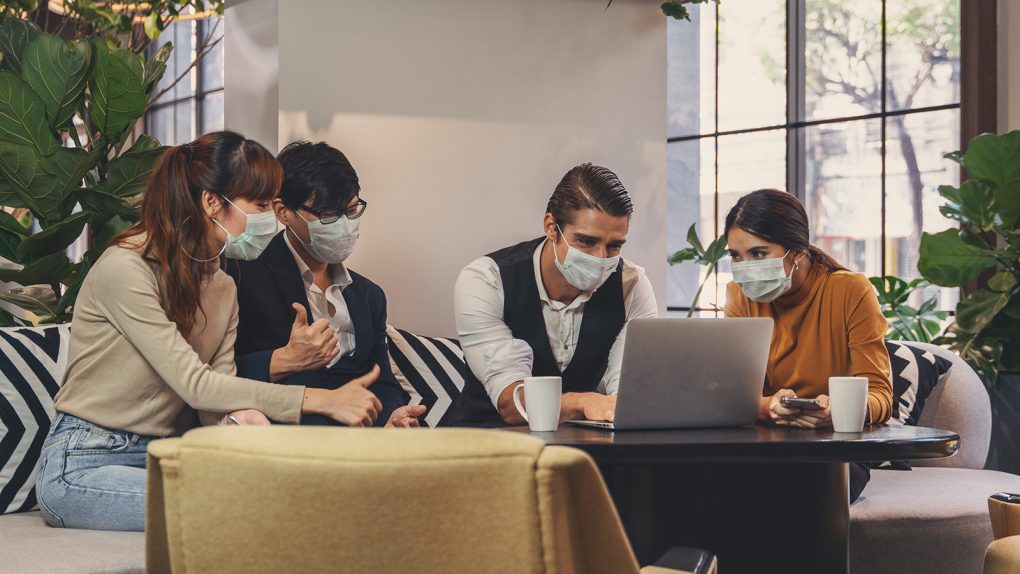Israel pulled off a vaccination campaign that no other country can match. Israel vaccinated almost 5 million people with a single Pfizer/BioNTech dose, and nearly 3.8 million had received both doses as of Monday morning. That’s a massive undertaking for a country with a population of around 9.3 million people. Israel aims to inoculate its entire adult population against COVID-19 by the end of April, something that appears entirely achievable given that vaccine makers have been ramping up manufacturing recently. Also, out of the entire population, only about 3 million were not initially eligible for the vaccine, including children and COVID-19 survivors.
Israel plans to use only one dose on people who recovered from an infection with the novel coronavirus. Prime Minister Benjamin Netanyahu announced on Monday that the country had been in contact with Pfizer, and the company will soon announce a new vaccine version for children. But Israel isn’t ready to follow the US Centers for Disease Control and Prevention’s (CDC) new face mask guidelines for vaccinated people, and it’s worth noting the country’s opposition to the rule considering how well Israel has done at fighting the pandemic.
After a delay of a few days, the CDC announced new recommendations for vaccinated people. The agency explains in the updated documentation that fully vaccinated people can meet indoors with other fully vaccinated people without wearing a mask. Importantly, people are considered fully vaccinated two weeks after the second dose of vaccines like Pfizer and Moderna, or two weeks after the single-shot Johnson & Johnson vaccine.
The CDC also says that fully vaccinated people can gather with unvaccinated people from the same family indoors without wearing masks.
Fully vaccinated people are still advised to wear face masks in public and whenever congregating indoors with people from more than one household unless everyone present is fully vaccinated. They should also respect social distancing guidelines, avoid crowds, and avoid travel if possible. Fully vaccinated people should still seek COVID-19 testing if they think they’ve been exposed and isolate themselves from others in the event that an infection is suspected.
Coronavirus vaccines aren’t supposed to prevent transmission. The drugs prevent severe COVID-19 and death, as a massive study from Israel has shown. A different study also proved that the BioNTech vaccine works as intended, as only a small percentage of fully vaccinated people developed a more severe form of the virus.
According to the Times of Israel, the Israeli government has no plans to adopt guidelines similar to the US under the new CDC guidance, even though Israel’s vaccination campaign is more advanced than the US, as seen in the graph below.
Senior officials from the Health Ministry said that the country will not advocate for relaxed face mask guidelines for vaccinated people. According to the officials, there’s not enough information on whether vaccinated people can transmit the virus.
The Times report notes that face masks might become an issue in a few weeks when families meet to celebrate Passover. Channel 12 reported that the Health Ministry officials have started discussing whether to make it easier for families to gather at the end of the month.








